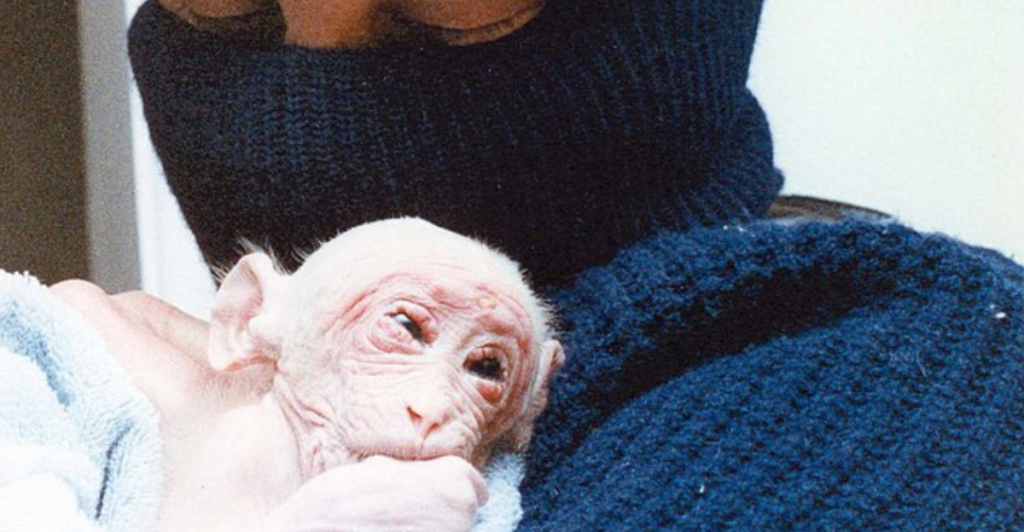
Last week, 43 female rhesus macaques broke free from the Alpha Genesis Primate Research Center in Yemassee, South Carolina. The escape occurred during routine facility maintenance, sparking alarm among residents. These primates, used for medical research, stirred debate about ethical treatment and their rightful future.
Recovery Efforts Ongoing
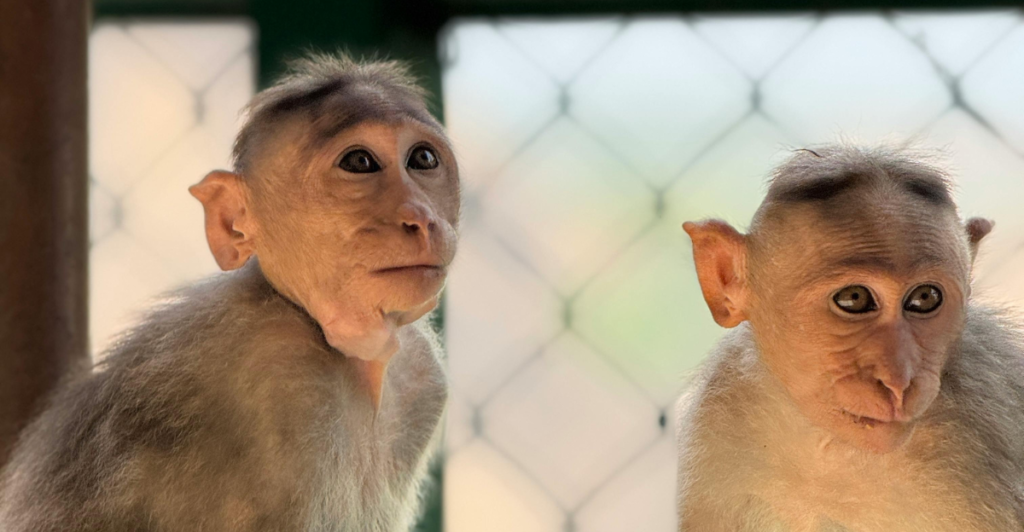
So far, 25 monkeys have been recaptured, while 18 remain at large in rural areas. Authorities have employed drones, traps, and teams to locate the missing primates. The elusive nature of these monkeys highlights the challenges of safely recovering them without harm.
Ethical Dilemmas Surface
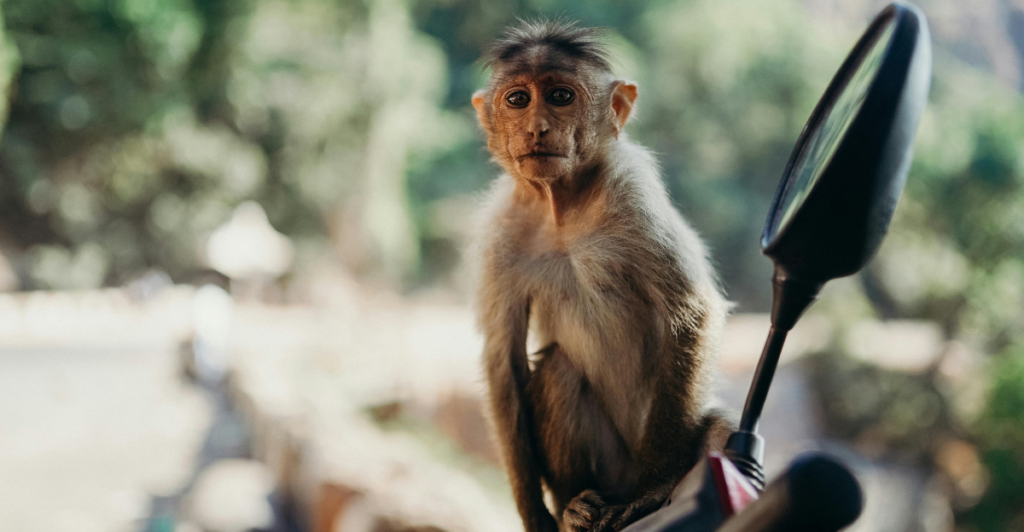
Animal rights activists have seized the moment to question the morality of primate research. Groups like PETA argue that the escape symbolizes the animals’ desire for freedom from exploitation. The incident has reignited national conversations about laboratory practices and animal welfare laws.
Public Safety Concerns Raised
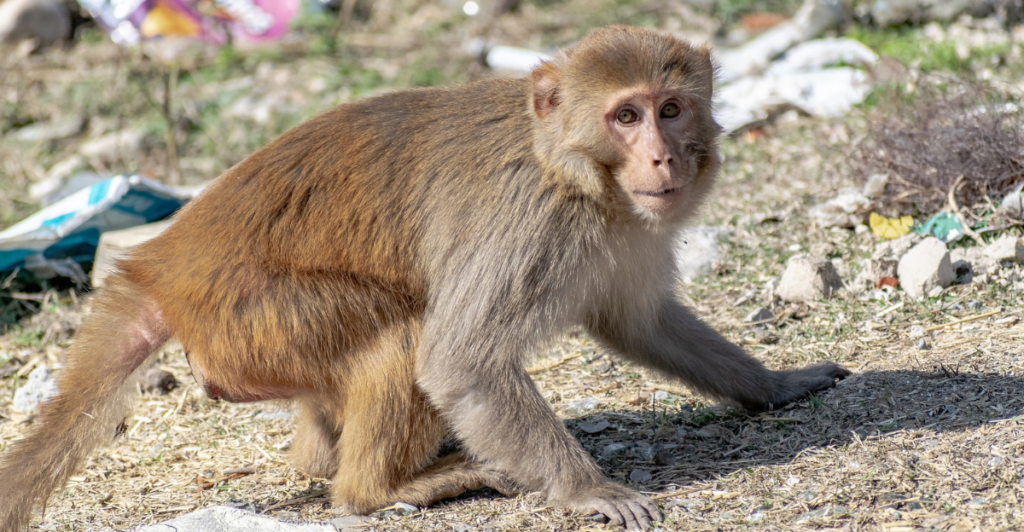
Officials have reassured residents that rhesus macaques are not dangerous unless provoked. However, health experts warn about potential disease transmission, emphasizing the need for caution. Flyers and hotlines have been set up to report sightings while ensuring public safety.
Local Reactions Split
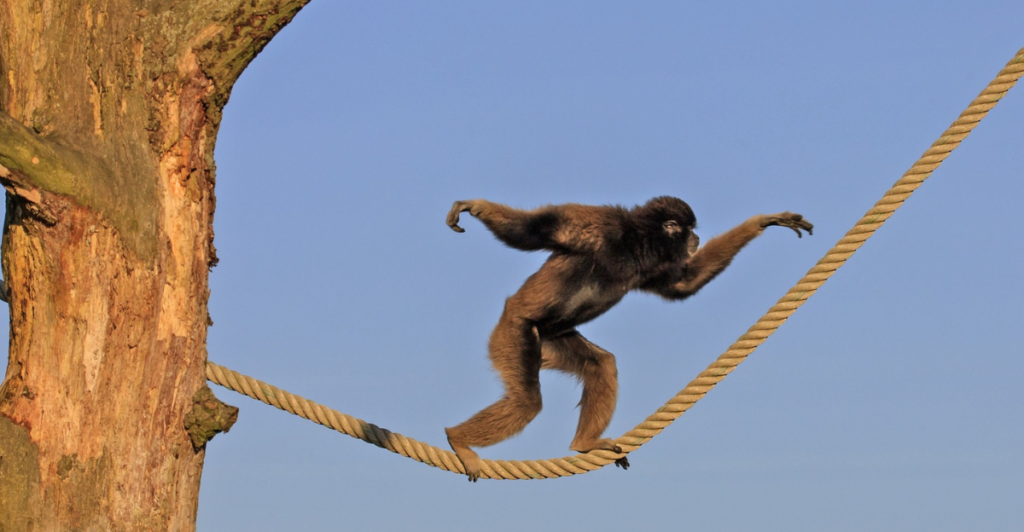
Yemassee residents have expressed mixed reactions to the escape. Some view the monkeys as victims seeking freedom, while others worry about property damage or encounters with wild animals. Community forums have become platforms for passionate debates on the issue.
Legal Implications for Alpha Genesis
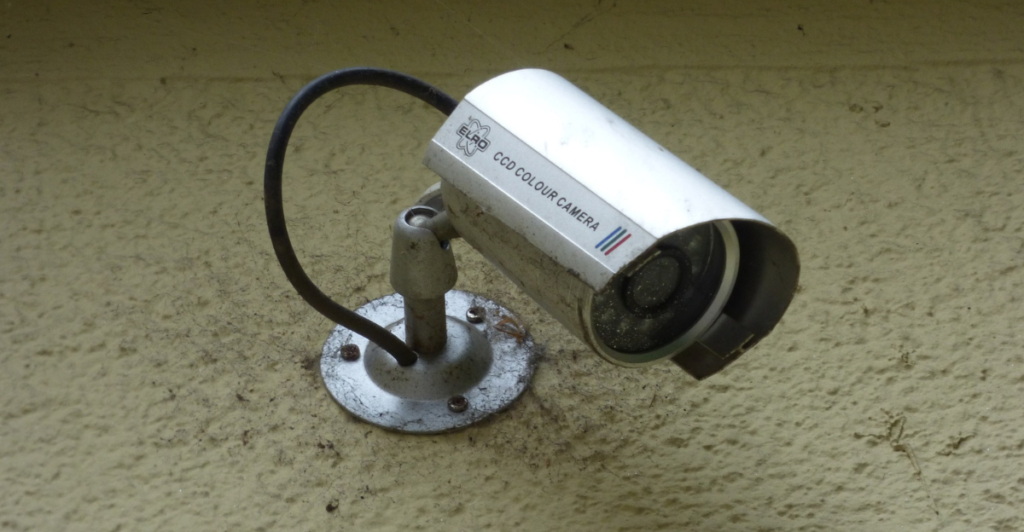
The escape has prompted investigations into the research facility’s security measures and animal care standards. Alpha Genesis, already under scrutiny, could face fines or operational changes. Legal experts speculate that this may lead to stricter federal regulations on primate facilities.
Freedom Advocacy Gains Momentum

Animal welfare organizations are pushing for the unrecovered monkeys to be relocated to sanctuaries rather than returned to the lab. These groups cite the escape as evidence of the animals’ resilience and innate drive for autonomy. Public petitions have garnered thousands of signatures supporting the sanctuary initiative.
Scientific Community Defends Research

Scientists emphasize the critical role of primates in medical advancements, including vaccines and treatments. They argue that such research saves human lives, though they acknowledge the need for improved ethical standards. Balancing scientific progress with humane treatment remains a contentious issue.
Lessons on Wildlife Management
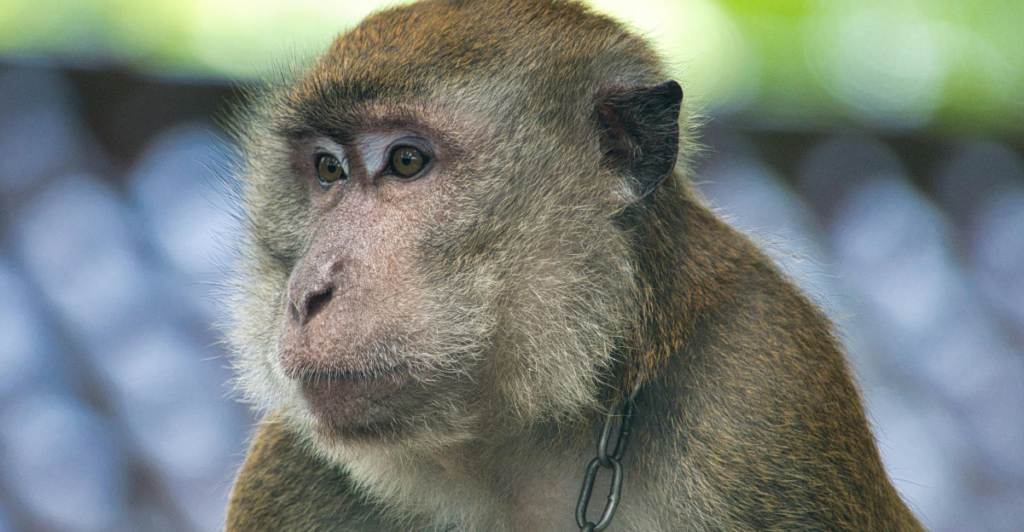
The incident underscores gaps in managing captive wildlife in research contexts. Experts recommend upgrading containment systems and emergency protocols to prevent future escapes. Collaboration between researchers and activists could also improve conditions for lab animals.
Media Coverage Sparks Debate

The story has gained national attention, with many questioning society’s reliance on animal testing. Television specials and online campaigns have intensified scrutiny of the facility. Public opinion appears divided, reflecting broader societal tensions about animal rights and science.
A Path Forward
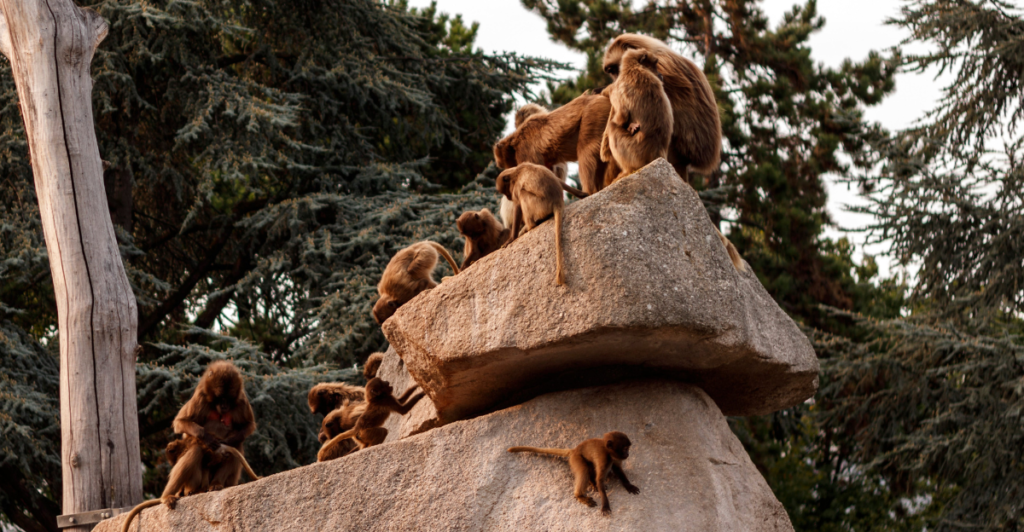
Authorities are considering whether to release the remaining monkeys to sanctuaries after recapture. Such a decision would set a precedent, influencing policies on the treatment of lab animals nationwide. Meanwhile, the escaped monkeys’ fate hangs in the balance as stakeholders deliberate.
Global Implications for Animal Rights
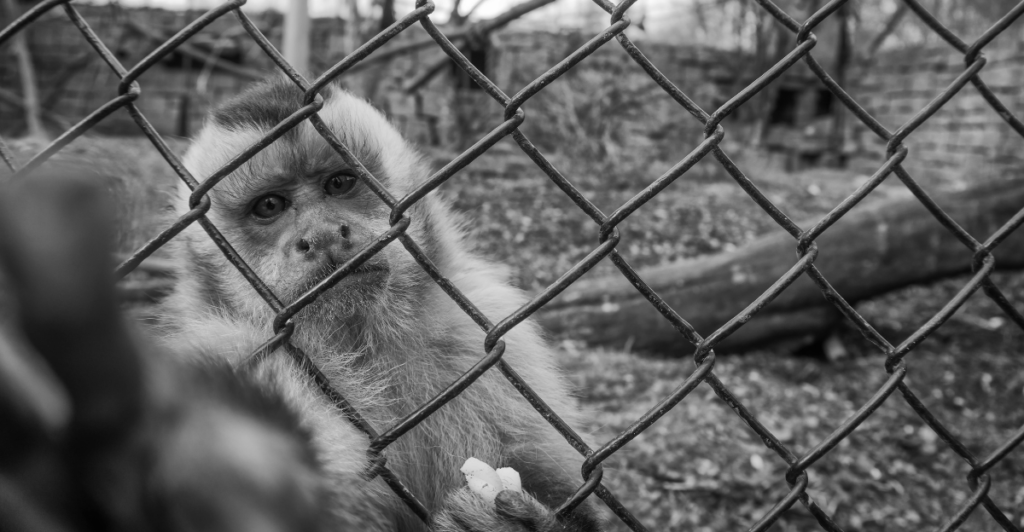
The escape has resonated internationally, with similar movements advocating for animal rights gaining traction. Researchers and activists worldwide are watching South Carolina’s response closely. This event could redefine ethical frameworks for primate research globally.
Community’s Role in Resolving the Crisis

Yemassee residents play a critical role in aiding the safe recovery of the primates. Education campaigns aim to foster coexistence and empathy while mitigating fear. As debates rage on, the story highlights humanity’s complex relationship with the natural world.
Stay connected with us for more stories like this! Follow us to get the latest updates or hit the Follow button at the top of this article, and let us know what you think by leaving your feedback below. We’d love to hear from you!







